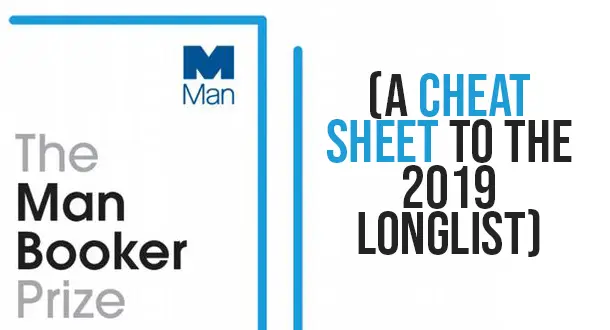Menu
Columns
Showing 3546 Columns
Showing 3546 Columns
October 3rd, 2019

Throughout history, many characters who were only meant to exist for a brief time have managed to escape the tolling of the death knell. For instance, the Fonz was originally supposed to be a minor side character on Happy Days. Steve Urkel was only meant to make a guest appearance in the first episode of Family Matters. Arthur Weasley only survived an attack from Nagini in Harry Potter and the Order of the Phoenix thanks to J.K. Rowling’s last-minute change of heart.
Read Column →October 2nd, 2019

When I started looking into the history of the Twilight phenomenon, I didn’t set out to piss EVERYONE off by saying that Twilight ain’t so bad. But that’s about to happen. It was easy to hate Twilight at its height. Its Twi-height, as I call it. Because I’m clever.
Read Column →October 2nd, 2019

Religion, politics, money, favorite ice-cream flavor—these are topics everyone feels strongly about. They matter. People host a variety of opinions based on them. Writers especially allow their personal views to drive their work, and they should. What is the point of storytelling if not to impart some kind of thought, some idea that can lead people toward better lives or new avenues of experience?
Read Column →October 1st, 2019

In late 2011, Marie Lu’s debut, the first book in a YA dystopian trilogy, hit shelves. Legend is the story of two teenagers, June and Day, whose paths cross in an unimaginable way as they attempt to uncover the secrets their country, a nation which used to house the western United States, will go to great lengths to protect.
Read Column →September 30th, 2019

Toilet via rawpixel.com Sometimes I sit down to watch a movie and think, "This sucks...but it has a bunch of elements I love." Whenever that happens, I start wishing someone would take the basic premise of the movie and give it to a talented author so they could turn it into an amazing book. Here are ten movies I would love to see undergo that process in no particular order.
Read Column →September 27th, 2019

One of the most coveted literary prizes in the game, the Booker Prize for Fiction comes with a hefty purse of £50,000. Even better, it’s known to boost book sales so dramatically that author Deborah Moggagh, for one, has complained that it “capsizes the literary world” every year. The soaring parabola every winner sees on their sales figures is known as the Booker bump.
Read Column →September 26th, 2019

“I’m going to write a novel” is a project that needs breaking down. Breaking it down separates the dreamers from the do-ers. I’m going to single out some of the project management processes that I think will help you finish a manuscript. Just know a couple things: 1. This is not a substitute for actual project management training. People study this stuff for years. Think of this like me giving you a few cooking tips. Don’t run off and open a restaurant, but this’ll make your food at home a little better.
Read Column →September 25th, 2019

The very premise of Pennyworth sounds like a punchline. An origin story for Batman’s butler? Seriously? When the rumors started to surface in the midst of Gotham’s first season, I immediately dismissed them as a joke, an idea too ludicrous to exist. But I should have known better. If Alfred can star in his own comic series, he is certainly capable of carrying a TV show. And while it has its share of shortcomings, Pennyworth is surprisingly compelling and a lot of fun.
Read Column →September 25th, 2019

Original image by Andrey Grushnikov Life is hard. Writing is hard. Writing and having an entire life outside of writing? Extra hard. A couple of months ago, I wrote about the tools I’ve developed to make it possible for writing to be more of a priority in my life. Since then, it has not been the easiest of things for me to actually...do those things.
Read Column →September 23rd, 2019

Original image by Cliff Booth Sex in fiction often falls into the historical notion of men as conquerors taking what they want without asking and women tolerating whatever they’re given. Naturally, this is a gross generalization, but one key to rectifying this societal imbalance, at least in part, is to make consent in fiction explicit. Explicit consent is clear and direct.
Read Column →Submitting your manuscript?
Professional editors help your manuscript stand out for the right reasons.
